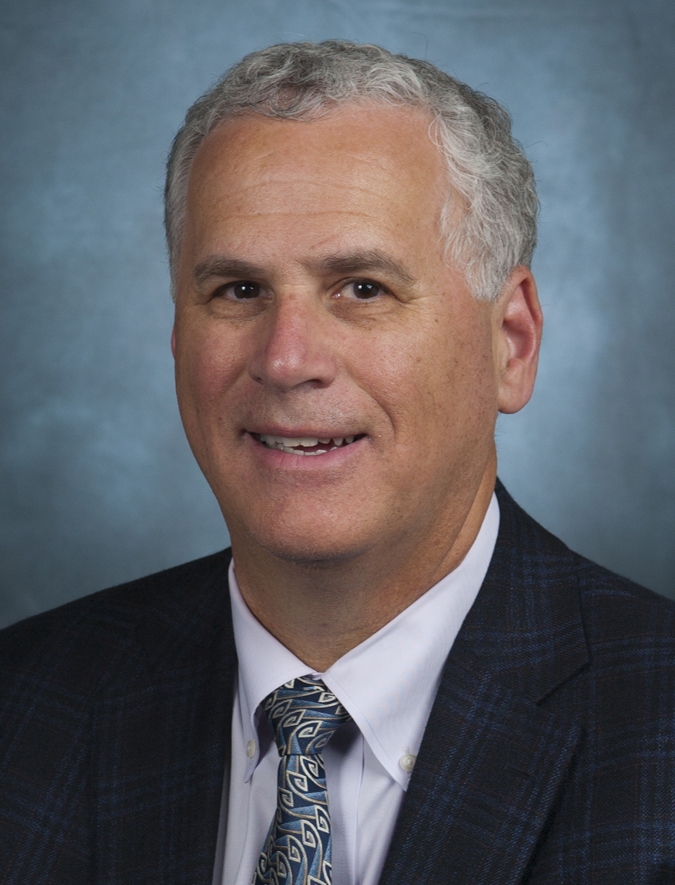Tips to Keep Your Kids Safe and Cool on Summer's Hottest Days
July 21, 2016
Categories: Pediatrics, Emergency Care, Health & Wellness
|
|
|
|---|
By Jerold M. Stirling, MD, chair of pediatrics and Mark E. Cichon, DO, chair of emergency medicine
Everyone needs to take precautions when in very hot weather to avoid heat exhaustion and, worse, heat stroke.
Children are at an even greater risk for heat-related injuries than adults.
Physically, children don’t handle heat as well as adults.
They absorb more heat because they have smaller bodies and a higher ratio of skin surface area to body mass. They don’t sweat as effectively, either.
Whether playing games or exercising outdoors on a hot day, adults and children need to drink water before going out and take water and cooling-off breaks. For every 20 minutes of vigorous exercise, drink 8 ounces of water.
Even when in the swimming pool, hydration breaks are important. The cold pool water will help keep your body cool, but it doesn’t replace the fluids that have been lost due to the heat.
Take breaks and get out of the pool to drink water and apply another layer of sunscreen. Watch for signs of dehydration, which include:
- Dark yellow urine
- A dry, sticky mouth
- Infrequent urination (less than every 8 hours in children younger than age 1, less than every 12 hours age 1 and older)
Though signs of heat exhaustion differ depending on age, the most common are:
- Headaches
- Nausea
- Vomiting
- Muscle and abdominal cramps
- Crankiness
- Fatigue
- Thirst/dry mouth
Beware of heat stroke, which can be fatal. If symptoms include a fast heartbeat, altered mental state or fainting, call 911, get out of the sun and cool off with ice or air conditioning.
If you suspect heat exhaustion or heat stroke:
- Get out of the sun and into a shaded area.
- Drink cold water first, and then a sports drink if needed.
- Place cool towels on the skin.
- Sit in a chair with legs elevated above the level of the heart.
- If the symptoms continue, seek medical attention
Heat stroke is a medical emergency. A person’s body temperature can rise to 104 degrees. If a child has an altered level of consciousness, this is a sign he or she is suffering from heat stroke. Get medical help immediately.
One of the greatest dangers is leaving a child unattended in a car. No matter the child’s age, this can be deadly.
Even if it’s for a short period of time and you leave the car windows down, it’s dangerous. Inside the car can be several degrees hotter than outside and places a child at greater risk for heat stroke or heat exhaustion.
Jerold M. Stirling, MD, is the chair of pediatrics at Loyola Medicine and general pediatrician. His clinical interest is focused on sports injuries.
Dr. Stirling earned his medical degree from St. George's University School of Medicine, West Indies, and completed a residency in pediatrics at St. Christopher's Hospital for Children.
Mark E. Cichon, DO, is the chair of emergency medicine at Loyola Medicine.
Dr. Cichon earned his medical degree from the Chicago College of Osteopathic Medicine/Midwestern University and completed a residency in emergency medicine at Chicago Osteopathic Medical Center.
Book an appointment today to see Dr. Stirling or another Loyola specialist by self-scheduling an in-person or virtual appointment using myLoyola.


